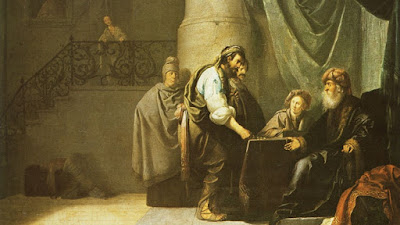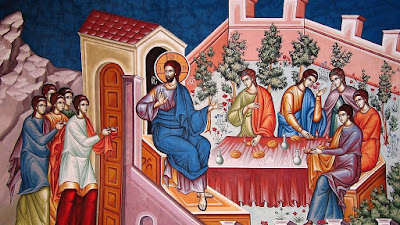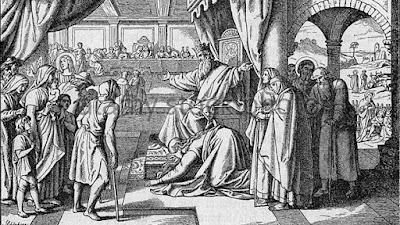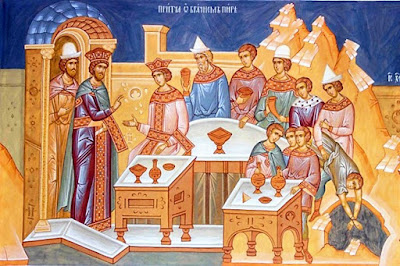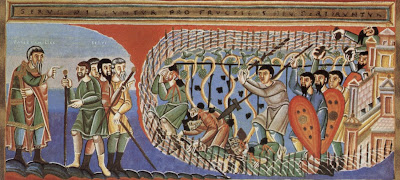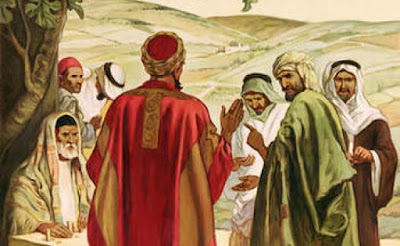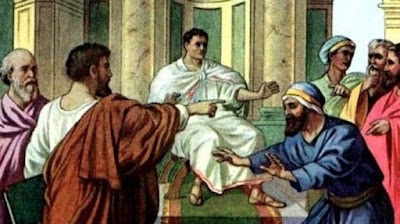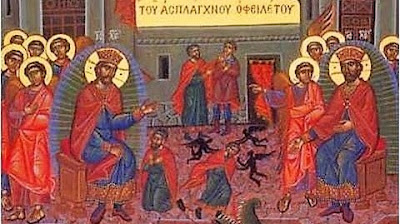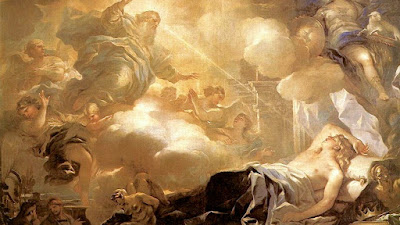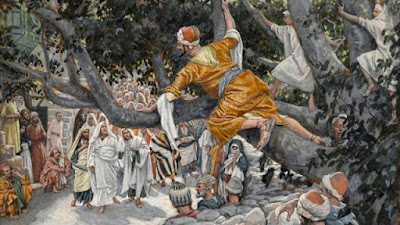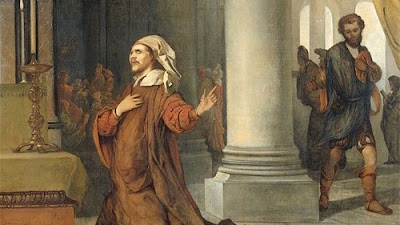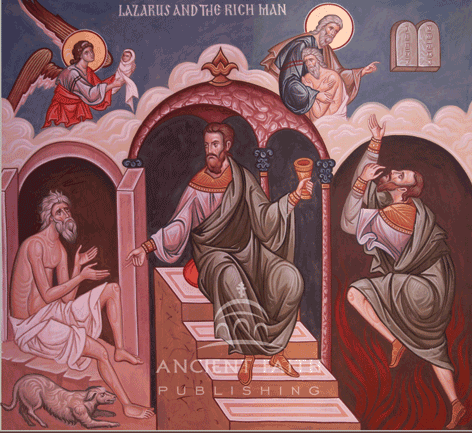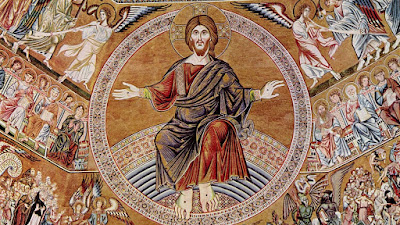Homily for the 11th Sunday in Ordinary Time, June 13, 2021, Year B
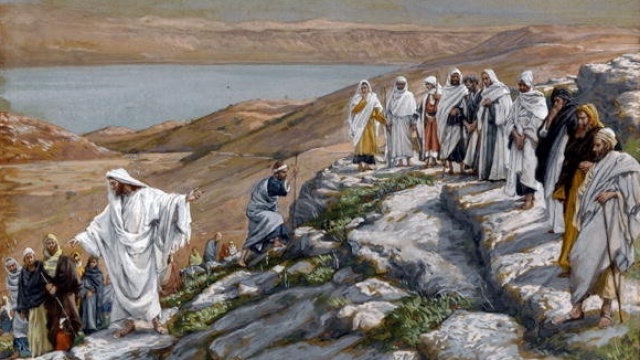
Fr. René J. Butler, M.S. La Salette Missionaries of North America Hartford, Connecticut ( Click here for Sunday’s readings ) When a child asks you what an unfamiliar word or expression means, you may well find yourself beginning the explanation with, “Well, it’s something like...” You start with something the child already knows, in hopes of providing the appropriate insight. This is a natural and quite universal teaching method; recognizable images and interesting stories have always sparked understanding. It should not amaze us, therefore, that Jesus used this approach so often, thirty-two times that we know of, in three Gospels. Surprisingly, there are no parables in John, and only four of Jesus’ parables occur in all three of the other Gospels. Some of the parables have a moral, such as, “So will my heavenly Father do to you, unless each of you forgives his brother from his heart,” at the end of the parable of the unforgiving servant. In other cases the evangelist gives us th

